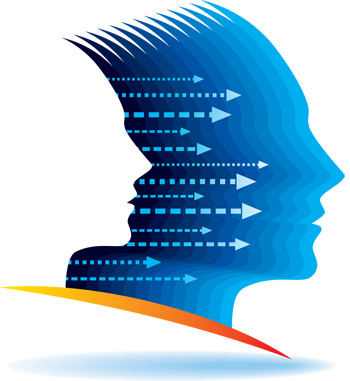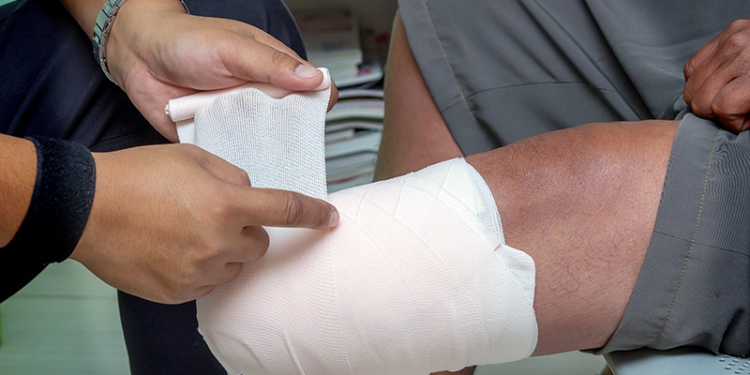
Pediatric limb absence, regardless of its etiology or presentation, is characterized by uncertainty. Parents and patients alike are unsure about the immediate and long-term implications of that absence. While psychosocial adaptability and prosthetic acceptance and utilization constitute domains of immediate concern, there are longer-term questions about education, employment, and overall health and well-being. This article examines two recent publications that provide insight into the adult life experiences of individuals with congenital limb deficiencies and those with limb deficiencies acquired during childhood or adolescence.
Support authors and subscribe to content
This is premium stuff. Subscribe to read the entire article.




